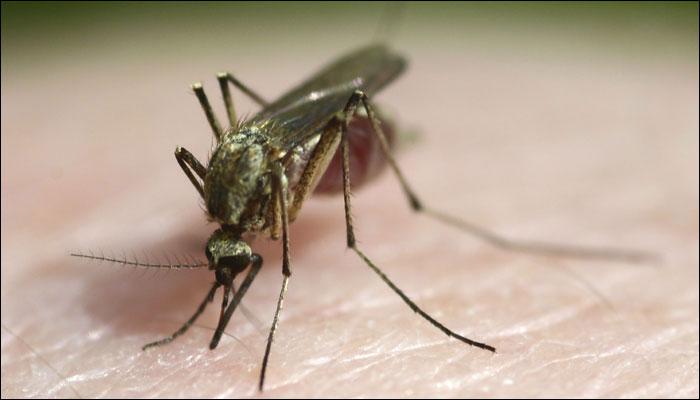Parasitic invasion of malaria takes place by weakening our defences, says study
Differences in red blood cell stiffness, due to age or increased cholesterol content, could influence the parasite's ability to invade.
Trending Photos
)
New Delhi: A new study has discovered that malaria parasites injected into our body by mosquitoes cause our blood cells to become droopy, which makes it easier for them to enter and spread infection.
The mosquito-borne parasites multiply in the liver before invading red blood cells where they cause all symptoms of malaria disease.
Previously, it was believed that for invasion, the parasites use molecular motors that allow them to push their way into cells. However, the new study changes things.
Researchers at Imperial College London in the UK have found that the parasites also change the properties of red cells in a way that helps them achieve cell entry.
On binding to the surface of the red cell, the parasites cause the red cell membrane to become more bendy or pliable, making it easier for the driving parasite to push inside.
Differences in red blood cell stiffness, due to age or increased cholesterol content, could influence the parasite's ability to invade.
This suggests that red blood cells with higher cholesterol levels could remarkably be more resistant to invasion and therefore infection.
"We have discovered that red cell entry is not just down to the ability of the parasite itself, but that parasite-initiated changes to the red blood cells appear to contribute to the process of invasion," said lead author of the study Marion Koch, from Imperial.
The research was published in the journal Proceedings of the National Academy of Sciences.
(With PTI inputs)
Stay informed on all the latest news, real-time breaking news updates, and follow all the important headlines in india news and world News on Zee News.
Live Tv







)
)
)
)
)
)
)
)
)
)
